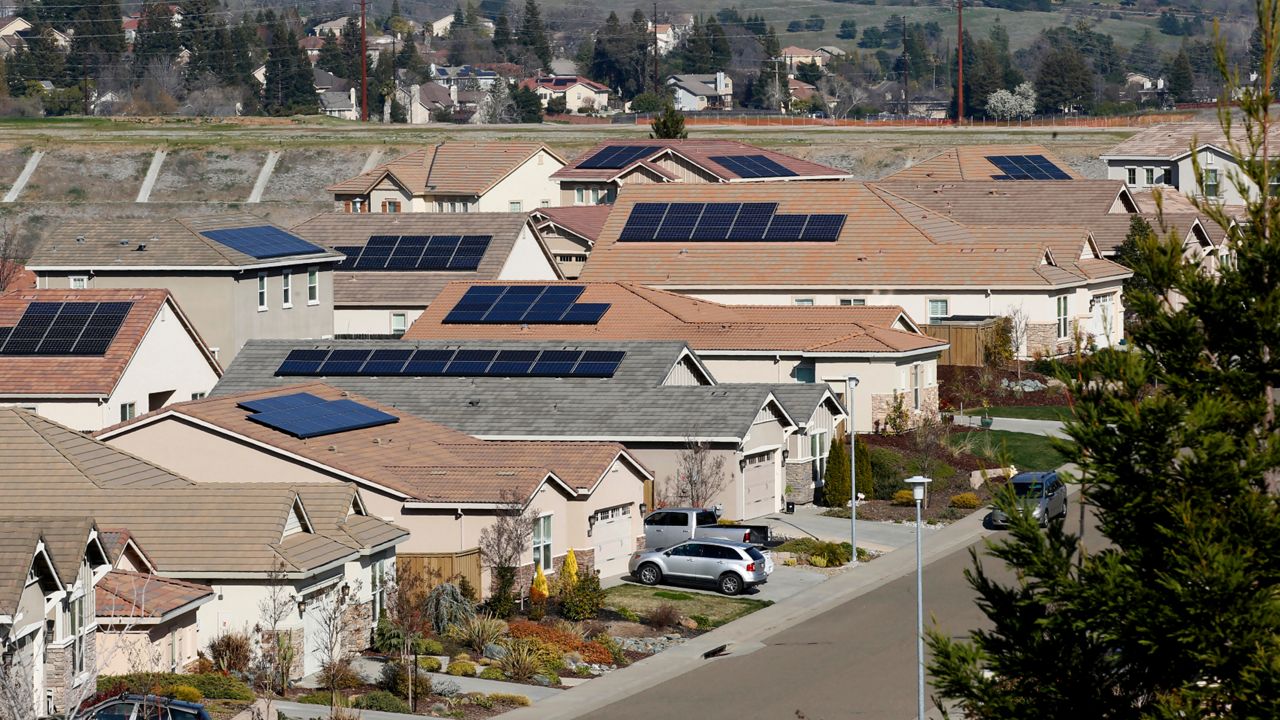ORLANDO, Fla. — Homeless shelters and fair-housing advocates braced during the fall for the expiration of Gov. Ron DeSantis’s moratorium on evictions and foreclosures.
What You Need To Know
- Foreclosures fall sharply in 3 local counties that Spectrum News 13 reviewed
- CARES Act assists borrowers with federally owned or backed mortgages
- All mortgage servicers generally must discuss options with struggling homeowners
Officials feared the October 1 expiration would lead, in the middle of the coronavirus pandemic, to a surge in eviction and foreclosure filings and an increase in demand for beds at homeless shelters.
That hasn’t happened, at least not yet.
“… We are not currently seeing a large uptick in requests for our services,” Clarence Reynolds, director of communications and public affairs for the Homeless Services Network of Central Florida, wrote in an email reply to Spectrum News 13.
Spectrum News 13 reported last week that filings for evictions in Orange County fell 18.2% in October and November compared with the same period in 2019.
Foreclosure filings are down even more — 58% in October and 61% in November compared with the same months last year, according to the Orange County Clerk of Courts. November saw 67 filings compared with 171 last November.
In Osceola County, foreclosure filings fell 59% in October and 53% in November, according to the Osceola County Clerk of Courts. And in Volusia County, foreclosure filings dropped 75% in October and 90% in November, according to online records of the Volusia County Clerk of the Circuit Court.
Agencies and industry groups attribute the declines to CARES Act relief for homeowners with federally owned or backed mortgages, including Fannie Mae, Freddie Mac, the Federal Housing Administration, the Veterans Administration, and the U.S. Department of Agriculture. Such agencies cover about 70% of U.S. mortgage holders, or about 33 million homeowners, according to the Urban Institute. From their mortgage servicers, those homeowners can request and receive forbearance — a pause in payments — for up to 12 months if they have faced financial hardship because of the pandemic.
Plus, the Federal Housing Finance Agency last week extended a moratorium on foreclosures for one month, to January 31, on loans backed by Fannie Mae and Freddie Mac. A moratorium remains in place for all other federally backed mortgages through December 31.
Adam DeSanctis, director of public affairs for the Washington, D.C.-based Mortgage Bankers Association, said many private lenders also are offering forbearance.
Jeffrey Hussey, director of public interest and litigation at Community Legal Services of Mid-Florida, said with few other options available, his organization is telling “people who are behind in their mortgage payments should contact their mortgage provider and work out something with them.”
The federal Consumer Financial Protection Bureau points out that forbearance doesn’t come automatically and that homeowners must request it. It says CARES Act repayment plans aim for flexibility and don’t require borrowers to repay skipped payments in a lump sum when their forbearance ends.
The agency also says “servicers are generally required to discuss relief options with you, whether or not your loan is covered under the CARES Act.”
DeSanctis, of the Mortgage Bankers Association, pointed out that a new administration could lead to more federal programs and protections early in the year.
He added: “One important thing to note: If you are a borrower right now and you haven’t requested forbearance but you are facing hardships, you do have until the end of this month to request forbearance.”



